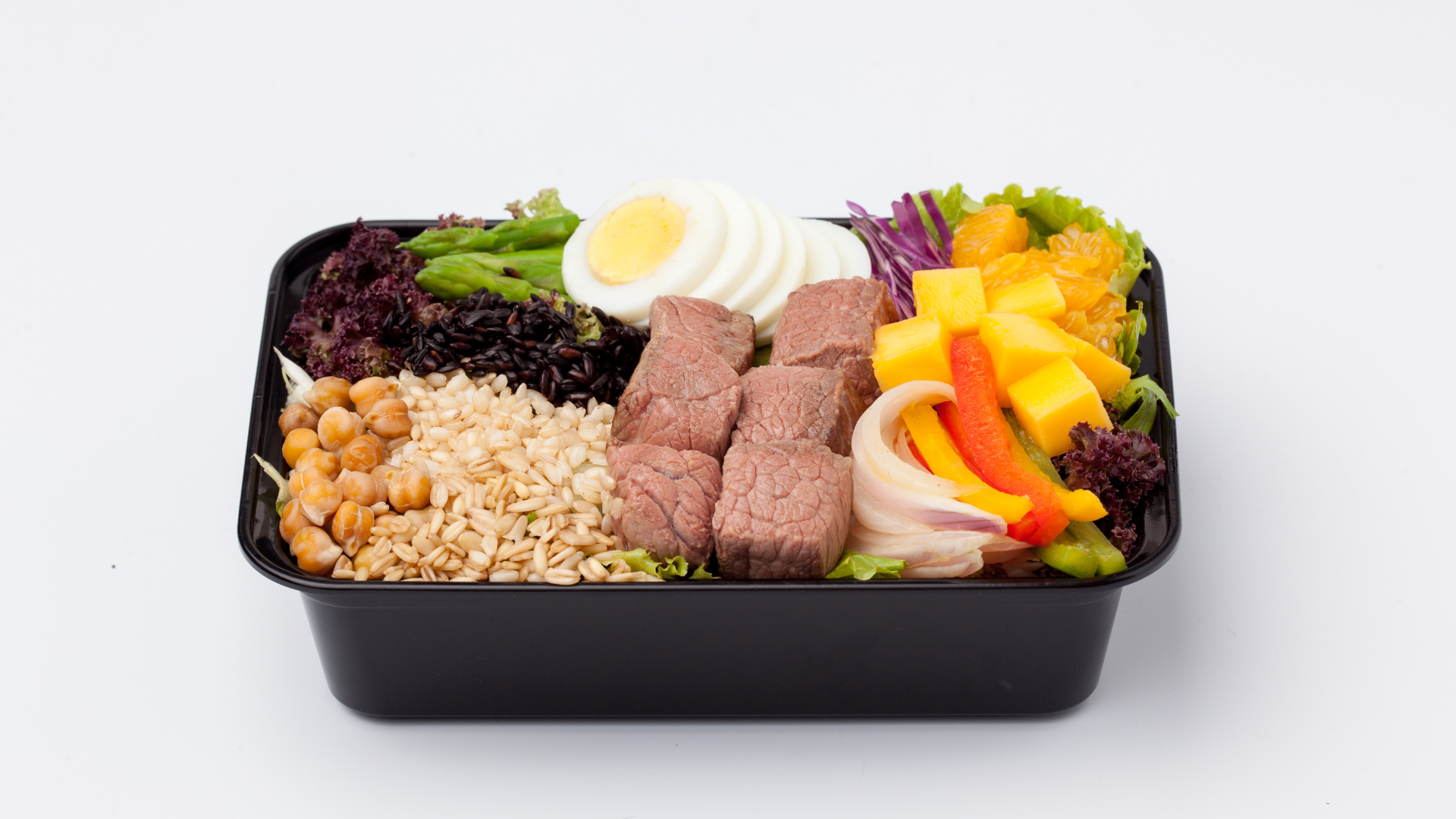When you’re trying to stick to a budget, it’s easy to tell yourself that you’ll just make do without. Your feelings get hurt, you feel angry, and before you know it, you’re picking apart your grocery list and telling yourself that you really need a splurge. So how can you stay on track with planning healthy meals, even if you’re strapped for cash?
No one wants to spend hours in the kitchen or spend a bunch of money on takeout food. An easy meal means one that’s prepared quickly, with few ingredients, and a healthy, balanced meal. These easy meals typically involve proteins, starches, and vegetables, and these foods tend to be cheaper and healthier than ordering out fast food. So, what are some easy meals you can prepare ahead of time?
7 Tips for Planning Meals within A Budget
- Make a menu. Planning meals ahead of time is a great way to save money. Sitting down before you head to the store lets you decide what meals will be on your menu for the week and pre-prep ingredients and meals to make them easier to assemble.
- Check your list for on-sale food products. If you’re trying to save money by cooking at home instead of eating out, plan your meals with on-sale foods. Supermarkets such as No Frills and other similar stores offer some items at affordable rates and discounted prices. Also, using No Frills Flyers, pamphlets and coupons could help you make savings on your grocery bill. Once you stock up on groceries, learn new recipes to encourage yourself to cook at home. Cooking at home usually means using cheaper ingredients, but it doesn’t mean you can’t treat yourself to something special every once in a while.
- Plan at least no meat in a week. Eating healthy doesn’t have to become an all-or-nothing proposition. A healthy diet doesn’t have to be expensive. Proper planning is key to eating well on a budget, and one of the best ways to do that is to have a meat-free week plan. Try planning a vegetarian or vegan meal, a vegan, vegetarian meal, or even a meatless meal with meat. Adding meatless meals to your diet will decrease your meat intake and help stretch your grocery budget and improve your overall health.
- List your refrigerator, freezer, and pantry. Want to save money and eat healthily? Try planning your meals. This doesn’t have to be a complicated task. Start by scanning your pantry and refrigerator to see if there are any foods you have that can go bad soon. Then, create a meal plan that includes foods you already take. This will reduce your grocery bill and help you stick to your healthy eating plan. Use the tips below to plan healthy meals and save money.
- More grains often. If you’re looking to save money on groceries, one of the biggest investments you can make is in your pantry. By stocking up on staples like rice, beans, pasta, and canned and frozen vegetables, you’ll be able to build meals around the ingredients you already have-plus, whole grain foods tend to cost less than their refined counterparts.
- Avoid special ingredients. To cook a variety of dishes at home, you have a lot of spices, herbs, and other seasonings available to you. Unfortunately, some seasonings are more expensive than others, and that can make budgeting for your meals a little more complicated. However, there are seasonings you may find less expensive, or which coming from your own garden may be free.
- Create a new recipe for leftovers. Have you ever had one of those days where you’re just too busy actually to cook a meal? You have plans, grocery shopping, cleaning, and other tasks on your to-do list, so cooking is just a bother. On days like that, cooking a new meal from scratch may not be an option. But, don’t despair! It’s perfectly possible to whip up a quick lunch or dinner from leftovers. Just avoid the temptation to put those leftovers in the crisper or fridge-you don’t want to waste them by reheating old foods. Instead, you can try a few of our favorite leftover recipe ideas to keep your meals interesting and save money. Being on a budget and being healthy don’t always go hand in hand. Eating healthy means choosing foods that make you feel the best. A healthy, balanced diet should have a balance of proteins, carbohydrates, fats, and vitamins. Too much fat, carbohydrates, or protein can leave you feeling lethargic or sick. Balance is key when it comes to spending less and eating healthy. One way to cut back on spending is by purchasing in-season produce.

